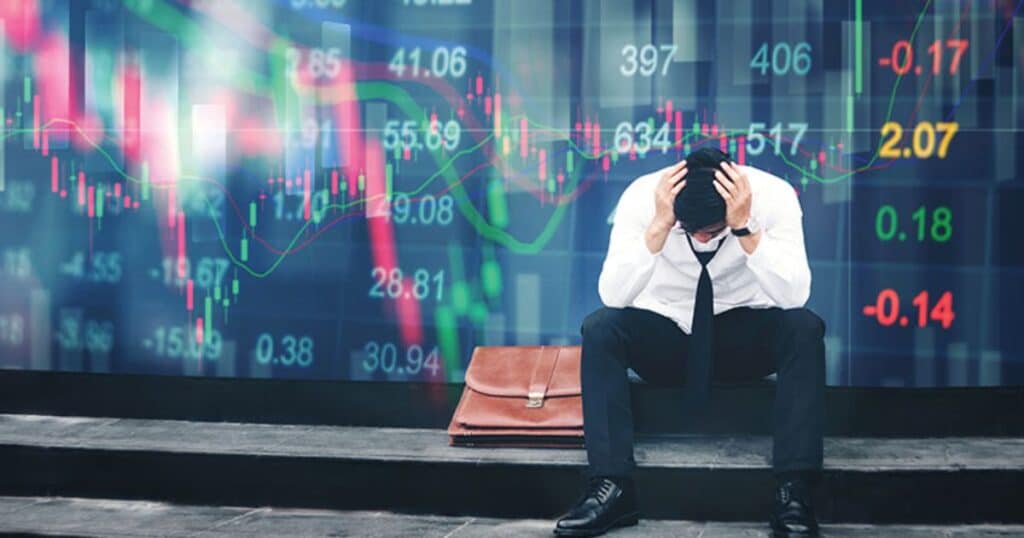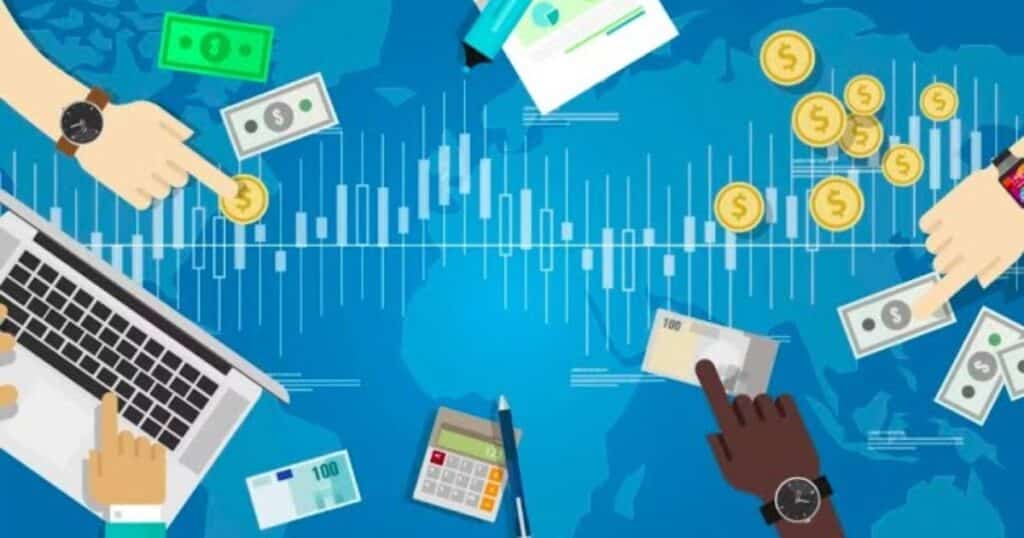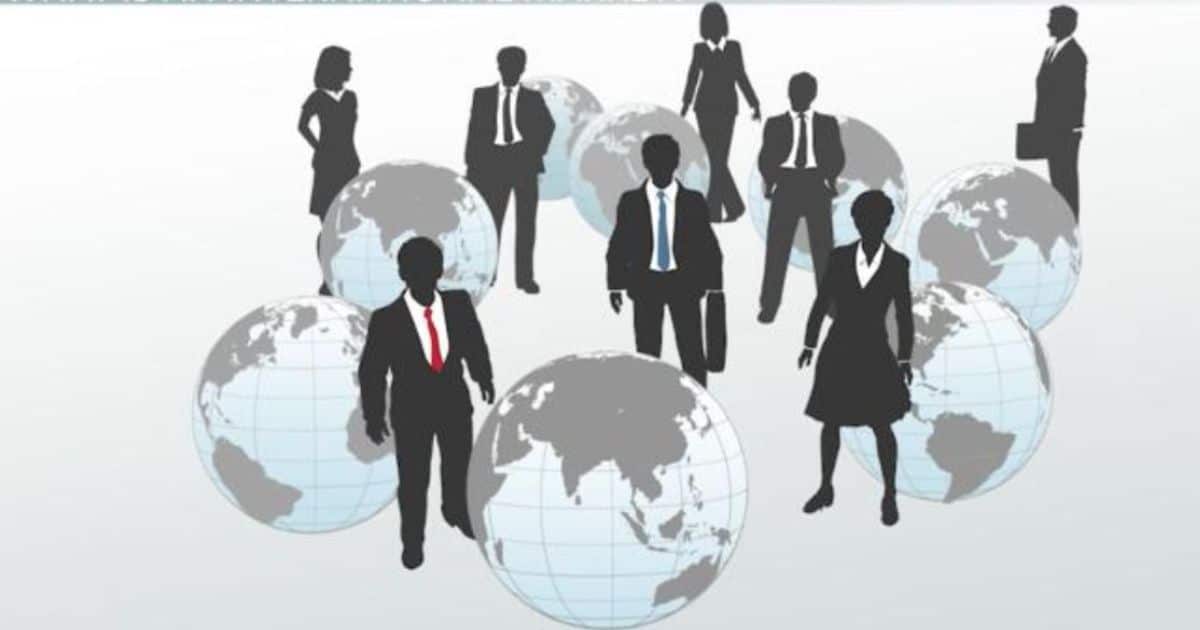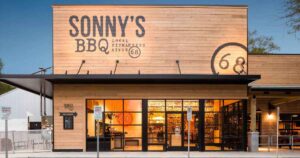Decisions for businesses, industries, and governments happen because they must choose what’s best. They’re like captains steering ships, and they need to think about money, rules, and what people need. These choices help them go in the right direction and make everyone’s lives better.
Ever wondered what forces businesses industries and governments to make decisions? It’s the invisible hand of decision-making, guiding them through a maze of challenges. Explore the fascinating world of ‘what forces businesses, industries, and governments to make decisions,’ and uncover the secrets behind the choices that shape our lives and future.
Businesses, industries, and governments have to make choices because of many reasons. They think about money, what people want, and what the rules are. For example, businesses want to earn money, so they decide what products to make. Industries look at trends and competition to stay successful. Governments consider the laws and what’s best for their country. All these things push them to decide how to do something. It’s like solving a big puzzle.
Examining Factors That Impact Decisions In Various Sectors In Businesses
When it comes to making choices, businesses, industries, and governments have a lot to think about. They consider many things before deciding what to do. Let’s look at some of these essential factors that influence their decisions.
These factors are like different ingredients in a recipe for decision-making. Understanding them helps businesses, industries, and governments make choices that are good for them and for everyone they serve.
Economic Conditions

Economic conditions are like the weather in the world of money. When the economy is doing well, businesses might expand and create more jobs. But when it’s not so good, they might need to be careful with spending and might not hire as many people. Governments also pay attention to the economy to make sure it’s healthy and helps everyone.
Market Dynamics
Market dynamics are like a giant puzzle of what people want and how companies can meet those wants. Businesses need to understand what’s popular, what people are buying, and what their competitors are doing. It’s like a game of knowing what the customers like and making products that they want to buy.
Regulatory Environment
The regulatory environment is all about the rules that businesses and industries must follow. These rules make sure things are fair and safe for everyone. Governments create these rules to protect people and the environment. For example, there are rules about how companies should treat their employees and how they can’t harm nature.
Technological Advancements
Technological advancements are like new and excellent tools that make life easier and better. Businesses use technology to make their products faster or more intelligent. Industries adopt new machines to make things more efficient. And governments invest in technology for things like improving healthcare or transportation.
Social And Cultural Shifts
Social and cultural shifts are like how people’s tastes and beliefs change over time. Businesses need to keep up with what’s in or trendy. For instance, if more people are interested in healthy eating, food companies might offer more salads. Governments also pay attention to cultural shifts to make policies that respect people’s values and needs.
Who Controls Production And Makes Economic Choices In Markets?
In markets, many people and businesses work together to make things we need and want. But who’s in charge of deciding what gets made and how it happens? Well, in markets, it’s not just one person or group. Instead, it’s like a big team where everyone plays a part.
People who make goods and services decide based on what they think people will buy. They want to earn money, so they choose what to produce. So, in markets, the power to control production and make choices is shared among lots of people and businesses, and they all work together to make our world go round.
The Crucial Role Of Resource Allocation In Society-Wide Decisions
What forces businesses industries and governments to make decisions is a bit like asking, Why do we share the cake? Resource allocation, like dividing the cake among friends, ensures fairness in big groups.
It helps societies make choices that improve everyone’s lives and protect the Earth, much like a superhero looking out for the planet and its people. Here are three ways it plays a crucial role:
Economic Priorities
Think of this as choosing what’s most important for a group’s money. Should it go to schools, hospitals, roads, or other things? Deciding helps make the group’s life better and more comfortable.
Environmental Sustainability
This is about taking care of nature and the planet we live on. We need to decide how to use things like water and trees so that we don’t harm our world. It’s like being a good friend to the Earth.
Social Equity
Imagine this as making sure everyone in the group is treated the same and gets a fair chance. It’s like sharing toys with your friends so that no one feels left out. Deciding this helps keep everyone happy and feeling like they belong.
Employment In Command Economies Worker Roles In Communist Command Economies
In command economies, like communist ones, the government decides who does what jobs. It’s a bit like a school teacher assigning tasks to students. In these economies, people often work for the government, and they don’t get to choose their jobs freely.
The government decides what jobs are needed and who should do them. While this can mean job security, it can also mean less freedom to pick the job you really want. It’s a bit like being told to do your math homework when you’d instead be reading your favourite book.
Labour As A Key Resource The Significance Of Labor In Goods And Services Production
Labour, which means people working, is like the secret ingredient in making things and offering services. Imagine you and your friends baking cookies together. You need someone to mix, someone to measure ingredients, and someone to watch the timer. That’s how labour works in making stuff.
Without people doing the work, goods like toys and services like haircuts wouldn’t exist. Labour is essential, just like the flour in those cookies. And in many countries, workers’ rights and fair wages are necessary to make sure everyone gets a fair share of the cookies they help bake.
Societal Decision Considerations: What Societies Think About When Making Economic Choices
Societies, which are groups of people living together, need to think carefully about their decisions. It’s like a family deciding what to have for dinner. When societies make economic choices, they have to think about what’s suitable for everyone. They consider things like fairness so everyone has a chance to succeed.
They also think about what people need, like schools, hospitals, and clean air. Just like how your family wants a healthy and tasty meal, societies wish to make choices that benefit everyone and make their community a better place to live.
Government’s Economic Role How Republic Governments Influence Their Economies
In some countries, like republics, the government plays a significant role in the economy. Think of it like a referee in a game. The government makes rules and helps keep things fair. They collect taxes, which is like everyone chipping in for a group project. With that money, they can build roads, schools, and hospitals.
They also make sure businesses follow rules, like not polluting the environment. The government’s job is to make sure the economy runs smoothly and that everyone has a fair shot at success. It’s like making sure everyone gets to play in the game and no one cheats.
Essential Production Resources

To make things and offer services, we need resources, like ingredients for a recipe. These resources are like the building blocks for everything we use. We have natural resources that come from the Earth, like water, wood, and minerals. Then there are human resources, which are people working. Imagine building a sandcastle at the beach; you need sand (a natural resource) and your hands (a human resource).
We also have capital resources, like machines and tools. Think of them as the helpers to get the job done, like a shovel when you’re building that sandcastle. Identifying these resources helps us understand how things are made and what we need to make our world go round. Just like knowing the ingredients for your favourite cookies, it allows us to create the goods and services we all rely on every day.
Conclusion
In conclusion, we’ve learned that what forces businesses, industries, and governments to make decisions are like the guiding stars in our sky. These decisions are made by considering many things, like how people work in command economies, why labor is so essential, and what societies and governments think about when they make choices.
Just like building a sandcastle at the beach, these decisions are the bricks that shape our world, making it a fair and better place for everyone. So, remember, understanding these factors helps us sail our ships through the sea of choices, making sure we reach the best shores together.








